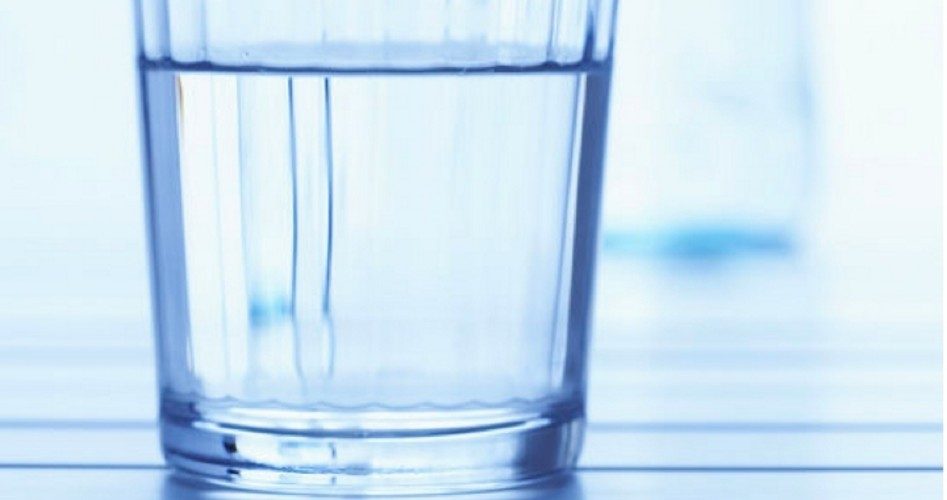
Following the EPA’s release of the initial draft of its “Hydraulic Fracturing Drinking Water Assessment” on Thursday, expressions of joy exuded from fracking industry officials and pro-fracking politicians while anger erupted from environmentalists.
Responding to pressure from Congress to “study the relationship between hydraulic fracking and drinking water,” the EPA spent years and millions of taxpayer dollars to conclude, tentatively at least, that fracking doesn’t pollute or poison drinking water in areas close to fracking wells.
It was also tasked to uncover any “potential for hydraulic fracturing to change the quality or quantity of drinking water resources … [and to identify] factors affecting the frequency or severity of any potential changes.”
After exploring all possible mechanisms by which fracking might possibly negatively impact local drinking water supplies, the EPA reported: “We did not find evidence that these mechanisms have led to widespread, systemic impacts on drinking water resources in the United States.”
This conclusion resulted in joy in frackville. Erik Milito, a director of the American Petroleum Institute (API), declared:
After more than five years and millions of dollars, the evidence gathered by the EPA confirms what the agency has already acknowledged and what the oil and gas industry has known: hydraulic fracturing is being done safely under the strong environmental stewardship of state regulators and industry best practices.
Katie Brown, a researcher with Energy in Depth, a project funded by the Independent Petroleum Association of America, was equally pleased with the EPA’s tentative conclusion, noting:
Hydraulic fracturing has brought cleaner air, significantly reduced greenhouse gas emissions, created millions of jobs, reduce energy prices, strengthened national security, and turned the American economy around.
Senator James Inhofe (R-Okla.), chairman of the Senate’s Environment and Public Works Committee, rejoiced: “The Obama administration is now zero for four. The EPA, the U.S. Geological Survey and others have said that hydraulic fracturing is indeed safe.”
Looking at the same report, environmentalists were angered that the EPA, a staunch ally of the environmental movement, would issue such a declaration. Michael Brune, executive director of the Sierra Club, pounced on the study, saying that the EPA “chose to leave many critical questions unanswered. For example, the study did not look at this issue under the lens of public health and ignored numerous threats that fracking poses to drinking water.”
Brune was most upset that, in light of this study, the EPA would find it hard to issue additional regulations restricting fracking, insisting, “The EPA must conduct a comprehensive study that results in action to protect public health.”
How much more comprehensive a study was needed, Brune failed to say. But the EPA did uncover some negative impacts on local drinking water supplies. It looked at 225 recorded spills at fracking sites (out of more than 1,150,000 active wells in the United States) and found that 18 resulted in fracking water reaching surface or ground water. As the report noted: “The number of identified cases where drinking water resources were impacted is small relative to the number of hydraulically fractured wells” — one of the classic understatements of the year.
Not only does the EPA study verify what the fracking industry has known for more than 60 years — that fracking is safe for nearby drinking water supplies — it also confirms sworn testimony given before Congress by Lisa Jackson when she was the EPA’s administrator, that there have been “no proven cases where the fracking process itself has affected water.”
It also puts the lie to propaganda film efforts by the likes of Josh Fox (Gasland, Gasland Part II, The Sky is Pink) and Gus Van Sant (Promised Land) claiming that not only is the fracking industry irredeemably corrupt, but that fracking sets water on fire.
And it puts New York Governor Andrew Cuomo in a bind, as he has just made permanent his temporary statewide ban on fracking. Representative Chris Collins, a Republican from New York, declared:
I fully expect Governor Cuomo to reverse his previous decision to ban fracking which was based upon controversial scientific studies and made to appease far left environmentalists.
Hardworking New Yorkers deserve the job opportunities and economic growth fracking has clearly produced in other states, including neighboring Pennsylvania.
As noted in its press release, the EPA reserves the right to modify its report after it has been reviewed by its own Science Advisory Board and the agency has heard from the public. But for the moment, the report appears to be a clear win for the fracking industry in particular, which is unlikely in the near future to face further federal intrusions into its operations. And it’s a win for the U.S. economy in general, in which fracking has been the single most important contributor to whatever modest growth it has attained over the past few years.
A graduate of an Ivy League school and a former investment advisor, Bob is a regular contributor to The New American magazine and blogs frequently at www.LightFromTheRight.com, primarily on economics and politics.
Related articles:
Firewater and Other Urban Fracing Legends



